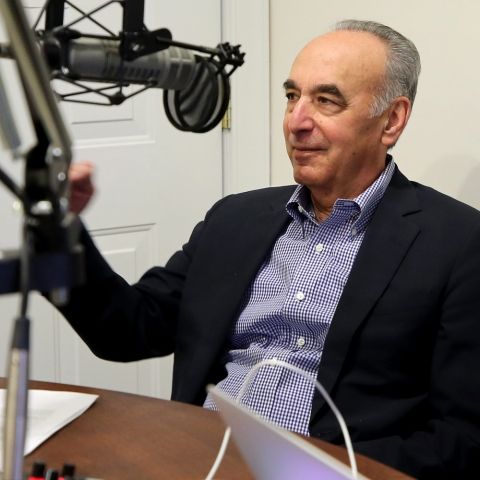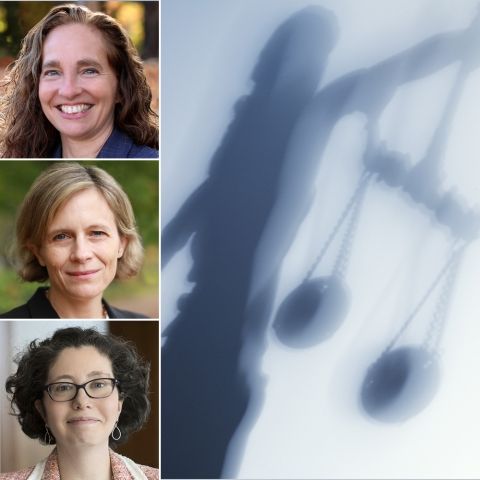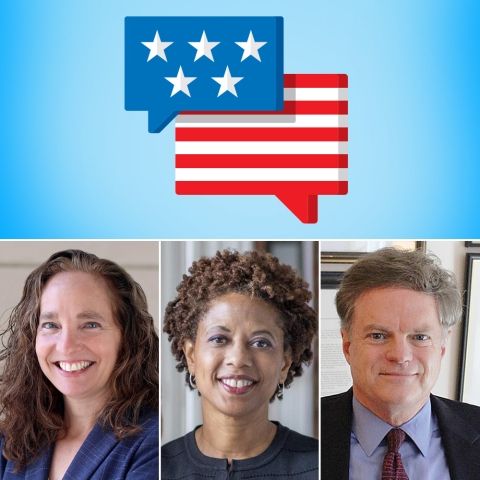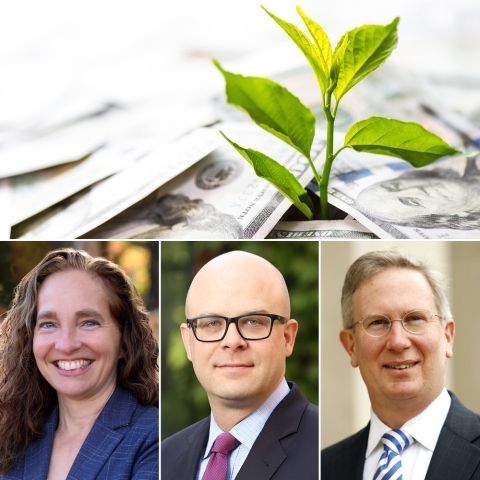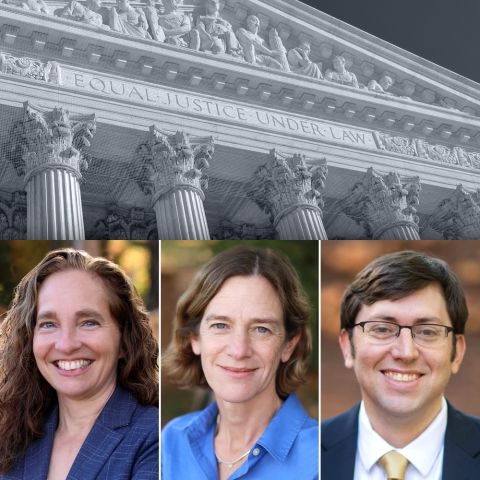Season 6: Free Exchange
Though much divides us these days, there are still some things we all share in common. One of them is law. In “Common Law,” a podcast sponsored by the University of Virginia School of Law, Dean Risa Goluboff interviews faculty and others about how law shapes society, how we shape law and why we should all care.
Season 6, “Free Exchange,” features the kind of robust discussions and debates that go on behind the scenes among faculty at the University of Virginia School of Law. Dean Risa Goluboff returns to host. Listen to the first episode Feb. 13.
If you like what you hear, please leave us a review and/or share the episode with a friend.

